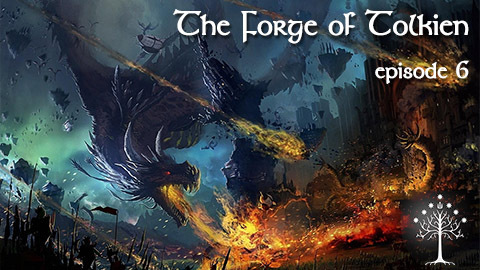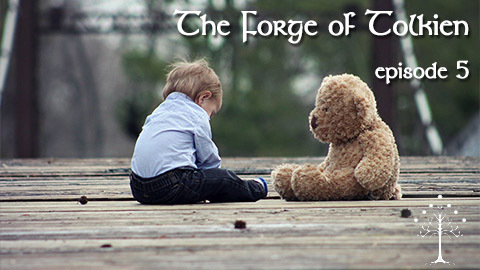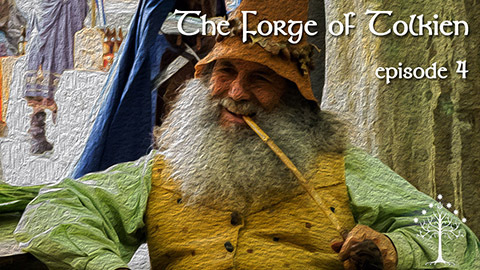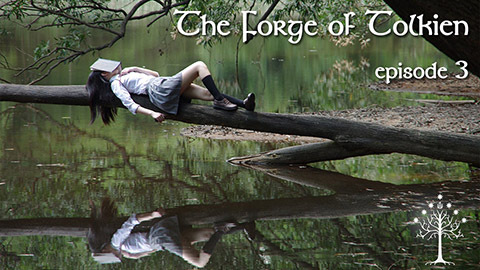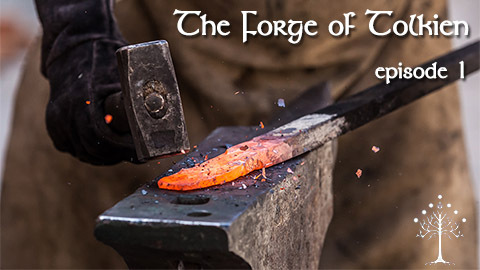Episode 7 of The Forge of Tolkien, TIME TRAVEL TOSS-UP, is now live on Unauthorized.
Frustrated that no one was writing the kinds of stories they liked to read, Tolkien and his friend C.S. Lewis did a toss-up: Lewis agreed to write a space-travel story, and Tolkien agreed to write a time-travel story. Lewis went on to write—and publish—his Space Trilogy, but Tolkien got lost…wandering along the Lost Road with Bliss-friend and Elf-friend. In this episode, Professor Rachel Fulton Brown reads the first chapter of what was supposed to be Tolkien’s time-travel story for what it tells us about Tolkien’s own autobiography as an author.
If you’re having trouble logging in to Unauthorized, just hold tight. The recent security certificate update may require a minor database migration. The tech guys are working on it.

